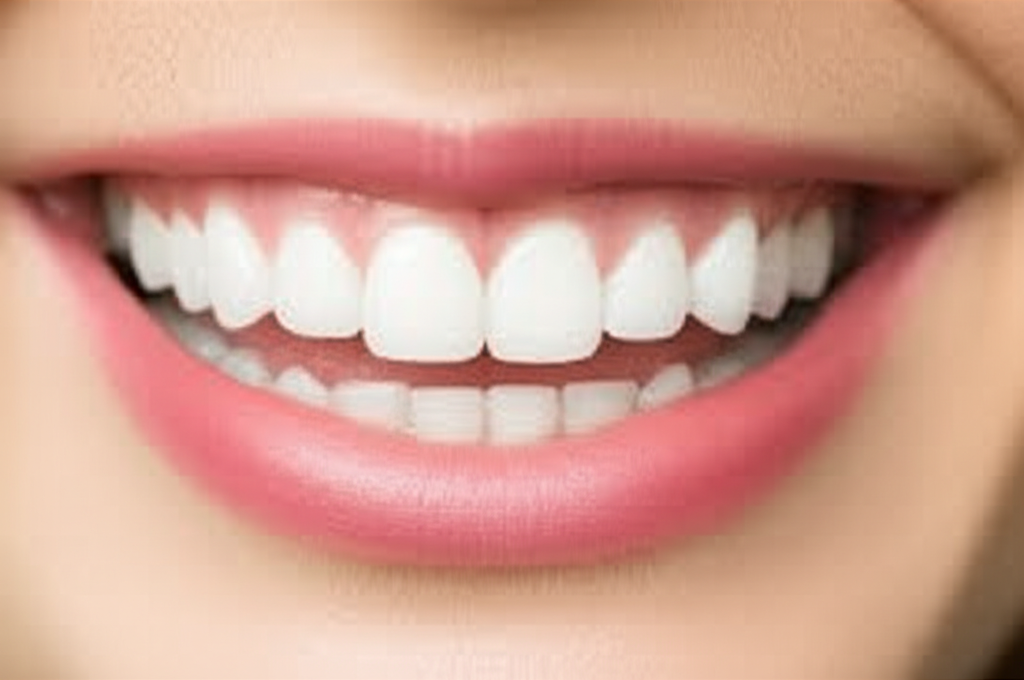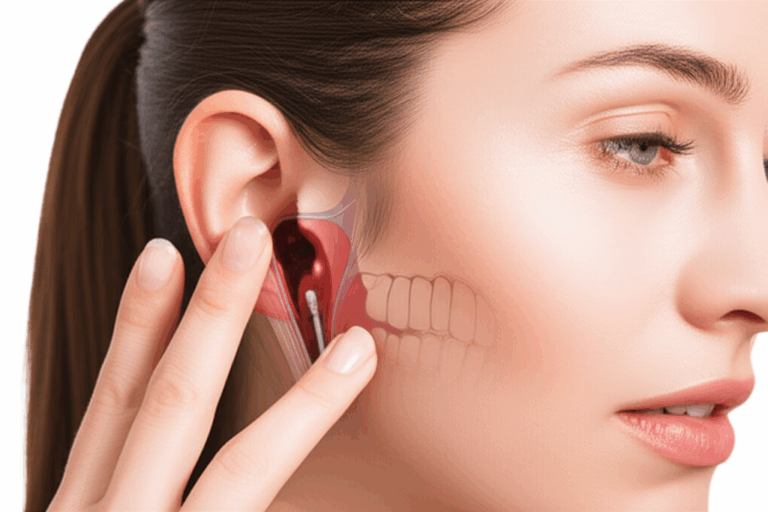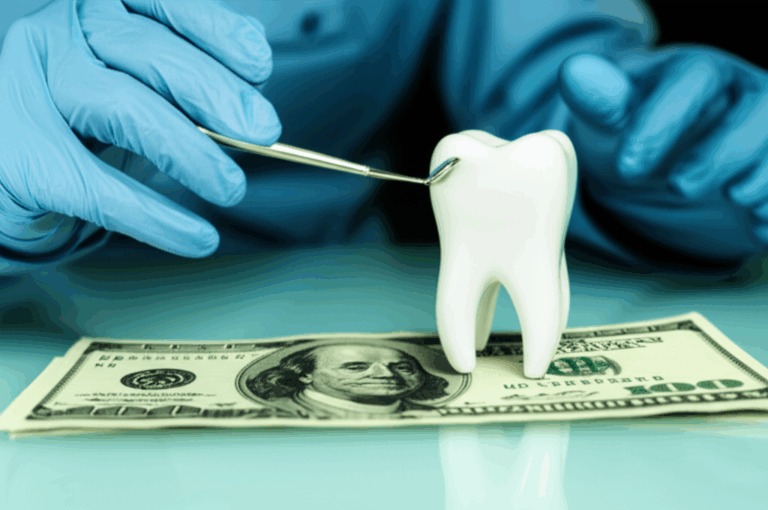
Does Humira Cause Dental Problems? A Simple Guide for You
Humira is a strong medicine that many people use to help with auto-immune sicknesses like rheumatoid arthritis, Crohn’s disease, and psoriasis. But can it hurt your teeth and gums? Lots of people wonder about the mouth side effects of biologic medicine like Humira (adalimumab). If you’re taking Humira and want to keep your mouth healthy, you’re in the right place. In this guide, you’ll learn exactly how Humira might change your teeth, gums, and mouth—and easy steps you can take to protect your smile. Let’s dig in to help you stay healthy from head to toe!
Table of Contents
- What is Humira and Why Do People Use It?
- Why Should You Worry About Dental Problems on Humira?
- Can Humira Cause Gum Disease or Gingivitis?
- Does Humira Increase the Risk of Mouth Infections?
- How Does Humira Lead to Dry Mouth?
- Could You Get More Cavities on Humira?
- What About Mouth Sores or Ulcers?
- Are There Serious Dental Side Effects with Humira?
- How Can You Keep Your Mouth Healthy on Humira?
- When Should You See the Dentist or Doctor?
- [Table] Common Humira-Related Oral Problems at a Glance
- Helpful Resources and Internal Links
- Frequently Asked Questions (FAQ)
- Key Takeaways
What is Humira and Why Do People Use It?
Let’s keep it simple. Humira (the medical name is adalimumab) is a “biologic medicine.” It aims at something in your body’s immune system called TNF-alpha. Doctors give it to you when you have auto-immune sicknesses, which are health problems where your body wrongly attacks itself, making swelling and pain. Some of the main sicknesses treated by Humira are:
- Rheumatoid Arthritis
- Crohn’s Disease
- Psoriasis
- Ulcerative Colitis
- Ankylosing Spondylitis
- Psoriatic Arthritis
Humira helps by calming the immune system, so you get less swelling and fewer problems. It’s a big help for many, but because the medicine quiets your defenses, it can make you more likely to have some infections—even in your mouth.
Why Should You Worry About Dental Problems on Humira?
Now, you might think: “I’m taking this medicine for my joints or stomach, so what do my teeth have to do with it?” Here’s the thing: Your mouth is full of germs. Normally, your immune system keeps these germs under control. But when you take a medicine like Humira—or other TNF-alpha blockers—your body’s defenses don’t work as well.
This can mean:
- Gum troubles get worse faster.
- Tiny mouth sores take longer to heal.
- You could get a yeast infection called oral thrush.
- Bad germs have more chances to cause problems, leading to periodontitis or an infection in your teeth.
Plus, a lot of auto-immune sicknesses can mess with your mouth all by themselves, so people taking Humira need to really watch their mouth health.
Can Humira Cause Gum Disease or Gingivitis?
Good question. Gum disease—like gingivitis and periodontitis—happens when germs grow too much in your mouth. You might see red gums, bleeding when brushing, or have bad breath.
Humira changes how your body fights these germs. This means:
- If you already have gum problems, they could get worse.
- Your gums might swell more, bleed more, or even pull away from your teeth (that’s called gum recession).
- If you don’t fix these problems, you could lose bone around your teeth (bone loss).
But it’s not all bad. In some people, lowering all the swelling in the body may even help a bit. Some studies say people with rheumatoid arthritis had less gum swelling on medicines like Humira. Still, if you don’t brush and floss every day, bad germs will win.
PAS Framework:
Problem: Humira can weaken your body’s fight in your mouth, so gum disease is more likely.
Agitate: If you don’t treat this, it can lead to pain, bleeding, and even losing teeth.
Solution: That’s why you should see your dentist often and keep brushing and flossing, especially if you’re taking Humira.
Want to know more about gum trouble signs? See this dental health resource.
Does Humira Increase the Risk of Mouth Infections?
Yes, it can. When your immune system is not working as strong, it’s much easier for mouth germs—like bacteria, yeast, and even viruses—to cause mouth infections. Some signs to look for:
- Oral Thrush (Candidiasis): White, creamy patches on your tongue, cheeks, or throat. Might feel sore or burning.
- Dental Abscess: Swollen, painful gums or cheek. Sometimes you get pus or have a bad taste in your mouth.
- Herpes (Cold Sores): Painful blisters on or around your lips.
These infections can grow quick if you’re on Humira, because your body’s defenders are not working as hard. If something hurts, looks strange, or won’t heal in your mouth—see your dentist or doctor right away! Fast care can save your teeth and stop bigger health problems.
How Does Humira Lead to Dry Mouth?
Some people find that their mouth feels dry or sticky while using Humira. Doctors call this xerostomia. Spit isn’t just for tasting food—it helps keep your mouth clean and fights cavities and infection. If you have less spit, germs and food can stick to your teeth more. That means:
- More tooth rot (cavities)
- Bad breath (halitosis)
- Sore throat or trouble swallowing
Dry mouth can be from the auto-immune sickness too, like Sjogren’s Syndrome, or from other medicines you take—not just Humira. Either way, dry mouth shouldn’t be ignored.
PAS Framework:
Problem: Dry mouth means you have fewer body helpers for your teeth.
Agitate: With less spit, tooth rot and other problems show up fast.
Solution: Drink water often, chew sugar-free gum, and ask your dentist about special rinses or mouthwashes that help.
Could You Get More Cavities on Humira?
Yes, the risk is higher. Less spit and more mouth germs make it easier for tooth rot (cavities) to start. You might not notice a problem until you feel pain or see a hole in your tooth. Other things make it worse:
- Eating lots of sweet or sticky foods
- Not brushing or flossing well
- Skipping visits to the dentist
But don’t worry—these risks can be handled. Brush two times a day, floss every day, use fluoride toothpaste, and get check-ups at the dentist. The best way to stop cavities is to keep them from starting!
Want more tips about stopping cavities? Check these teeth health tips.
What About Mouth Sores or Ulcers?
Many people with auto-immune sicknesses get small, painful sores inside their mouths at times. Doctors call these stomatitis or mouth ulcers. Here’s what can make them happen more often:
- Taking Humira or other medicine that lowers your immune system
- Getting sick, stressed, or having a disease flare-up
- Hurting your mouth by biting or brushing too hard
- Germs like viruses or yeast
Most mouth sores go away by themselves, but some can stay longer and make it tough to eat. Watch out for any new or lasting ulcers, especially if they last more than two weeks.
If you see white patches or mouth sores that won’t heal, talk to your dentist or doctor. Sometimes you need a special mouthwash or medicine.
Are There Serious Dental Side Effects with Humira?
Most dental side effects from Humira are small—like gum swelling, dry mouth, or infections you can treat easily. Rarely, worse problems can show up, like:
- Bone loss in the jaw (this is more common if you take other medicine, too, like steroids)
- Osteonecrosis of the jaw, or jawbone dying (this almost never happens with Humira by itself)
- Delayed healing after getting a tooth pulled or mouth surgery
But don’t worry—these things are not common. Be sure to tell your dentist about all your health problems and every medicine you take, including Humira, before you have any dental work. They might change your care or do extra things to keep you safe.
How Can You Keep Your Mouth Healthy on Humira?
Here are a few easy steps:
Go to the dentist often
Visit your dentist every 3–6 months. Tell them you take Humira. Finding problems early is always easier.
Brush and floss well
Brush with fluoride toothpaste two times a day and floss every day. Ask about mouthwashes that fight germs if you get infections a lot.
Fix dry mouth
Drink lots of water, suck on sugar-free candy, or try spit helpers if your mouth feels dry.
Tell your health team about dental work
If you need a tooth pulled or need new teeth, your dentist and doctor should talk. You might need extra medicine or a different plan.
Eat healthy and skip tobacco
Good food helps your body and mouth. Don’t smoke and don’t drink too much alcohol—both make mouth troubles worse.
Want to know about picking the right dental treatment? See this china dental lab for more info.
When Should You See the Dentist or Doctor?
Go get help if you see:
- Pain that doesn’t stop or gets worse
- Swollen or bleeding gums
- Trouble chewing, swallowing, or moving your tongue
- Bad breath that doesn’t go away or a strange taste in your mouth
- White patches, red sores, or ulcers that last more than two weeks
- New or sudden tooth loss
Don’t let these things go. The sooner you take care of mouth trouble, the less pain and problems you’ll have later.
Smart tip: Always tell your team! Your dentist, doctor, and even the pharmacy workers can help you keep your smile healthy.
[Table] Common Humira-Related Oral Problems at a Glance
| Mouth Problem | What You Might Notice | Why It Happens | Best Thing to Do |
|---|---|---|---|
| Gum Disease (Gingivitis) | Swollen, red, or bleeding gums | Body’s defense is down, germs grow more | Dentist visit, brush & floss daily |
| Oral Thrush (Candidiasis) | White patches, sore mouth | Yeast grows too much | Antifungal rinse, go to dentist |
| Tooth Rot (Cavities) | Tooth pain, sore to hot/cold, dark spot | Dry mouth, too many bad germs | Use fluoride, less sugar, dentist |
| Mouth Sores (Stomatitis) | Small, sore spots in your mouth | Flare-up, immune change, mouth germs | Rinse, clean mouth, see doctor |
| Dental Abscess | Swelling, pain, pus in gums | Germ infection | Dentist quickly, maybe antibiotics |
| Bone Loss (Jaw) | Loose teeth, change in bite | Not common, happens over time | Dentist checks often |
Helpful Resources and Internal Links
Taking care of your teeth when you’re on Humira is easier with good help. For trusted info on dental care and treatments, check these links:
- For the basics about dental care, this is a good guide.
- For tooth repairs and new teeth, a crown and bridge lab can help you get back your smile.
- Want to know about what can cause dental problems? Check this easy-to-read dental diseases sheet.
Frequently Asked Questions (FAQ)
Q: Does everyone who takes Humira have mouth problems?
No, not everyone will have trouble. But you are more likely to get mouth infections and gum disease, so keeping up with mouth care is extra important.
Q: Should I stop taking Humira if I get a mouth infection?
Don’t stop your medicine by yourself. Talk to your doctor or dentist first. Most mouth problems can be fixed without stopping Humira.
Q: Will a special toothpaste help?
Fluoride toothpaste helps stop cavities, and some mouthwashes can lower your risk of infection. Ask your dentist which is best for you.
Q: How often should I see my dentist?
Getting checked every 3 to 6 months is a smart idea for people on Humira.
Q: What if I need mouth surgery?
Tell your dentist and the doctor who gave you Humira about any planned dental work. You might need extra medicine or a change in your Humira schedule.
Key Takeaways
- Humira can make you more likely to get mouth infections, gum disease, and dry mouth.
- Brush and floss every day, and drink lots of water to help stop dental problems.
- See your dentist at least twice a year (every 3 to 6 months is even better).
- Tell your dentist you take Humira, and about any other medicine you use.
- Don’t ignore mouth pain or sores—get them checked out early.
- If you’re getting dental work, let your dentist and doctor work together for your safety.
- Trusted places like a china dental lab or professional crown and bridge lab can help if you need new crowns, bridges, or other dental work.
Taking care of your teeth is an easy way to stay healthy while taking Humira. Stay ahead of problems, enjoy your food, and keep your smile bright! If you have questions, call your dentist or doctor—they’re always ready to help.








